News
October 2025New publication in the International Journal of Public Opinion Research
In their study, Jana Dreston, Audrey Halversen, and Brian Weeks examined the role of objective and self-perceived (subjective) political knowledge in political discussions. They found that subjective political knowledge is more strongly associated with political talk than objective knowledge. Conversations with acquaintances and supporters of the political out-group are not even influenced by factually correct knowledge. This research project was funded by Fulbright Germany.
October 2025New publication in the journal of Human Communication Research
In an online experiment, Jana Dreston and Andreas Nanz analyzed how intentional and incidental exposure to political information on social media affect political knowledge and voting decisions. Both forms of exposure increase objective political knowledge. However, only intentionally consumed news content increased the subjective feeling of being informed. However, participants were unable to select the candidate who best matched their political interests. Participants who had intentionally sought for information felt more confident in their voting decision.
September 2025Co-Representative for the DGP's Media Psychology Section
Jana Dreston and Julius Klingelhöfer have been appointed as the new youth representatives for the DGP's Media Psychology Section for the next two years. They succeed Daniel Possler and Luna Frauhammer.
September 2025New publication in the journal of Computer-Mediated Communication
In her third dissertation study, Luna Frauhammer collaborated with Jana Dreston to investigate whether using Instagram can contribute to greater scientific knowledge. To this end, participants subscribed to an Instagram channel or online newsletter for one week that provided them with information about the deep sea. At the end of the week, all participants had more knowledge about the deep sea, but the participants in the newsletter group had learned more than those in the Instagram group. However, when the Instagram users were encouraged to process the content more deeply and link it to their prior knowledge, this difference disappeared. To do this, the researchers used so-called “question stickers” in Instagram stories.

September 2025New publication in the British Journal of Psychology
The Gateway (Mis)Belief Model
In a recent study, Hannah Logemann, Jacob Rode, Rakoen Maertens, and Sander van der Linden show how misinformation about climate change can weaken public support for collective action. The findings provide mechanistic evidence for the process through which misinformation undermines perceptions of scientific consensus. This distorted perception, in turn, negatively influences climate beliefs and emotions, ultimately leading to lower support for climate protection measures.
August 2025New publication in the journal of „Technology, Mind, and Behavior“
In this study, Jana Dreston, Anne Oeldorf-Hirsch, and German Neubaum examined the mental associations that social media users in the US and Germany have with algorithms. Although most respondents had a general understanding of algorithms, they did not feel able to actively influence them.

July 2025New team member in the department
Hannah Logemann joins the team
We are pleased to welcome Hannah Logemann as a new employee and doctoral student in the department. In addition to her doctoral project, Hannah will be particularly involved in teaching for the Human-Centered Computer Science and Psychology (MIPSY) degree.

June 2025Political Communication Best Student Paper Award
At the upcoming annual conference of the International Communication Association (ICA) in Denver (June 12-16), the paper by Jana Dreston and Andreas Nanz entitled "Incidental Exposure in a Mock Election Setting on Social Media: Effects on Subjective and Objective Political Knowledge and Aligned Voting" will be honored with the Best Student Paper Award of the Political Communication division. In their study, the two researchers investigate the influence of election-related posts on social media on political knowledge and voting decisions. They will present the results of their experiment in the “Top Student Paper Session”. We would like to congratulate Jana Dreston and Andreas Nanz on this award.

June 2025MePE goes ICA 2025 in Denver, USA
The research group will participate in the annual conference of the International Communication Association in Denver (USA). We will be presenting a total of five talks, some of which are the result of collaborations with our colleagues from the University of Michigan (USA), the University of California, Santa Barbara (USA), and the Technical University of Munich. The following topics will be presented in Denver:
- Incidental Exposure in a Mock Election Setting on Social Media: Effects on Subjective and Objective Political Knowledge and Aligned Voting (Jana Dreston & Andreas Nanz)
- Is It What You Know or What You Think You Know? Understanding the Roles of Objective and Subjective Political Knowledge in Political Discussion (Jana Dreston, Audrey Halversen, & Brian Weeks)
- From Scrolling to Learning: How Cognitive Elaboration Fosters Knowledge Acquisition on Social Media: A Field Experiment (Luna Frauhammer & Jana Dreston)
- To Express or Not Express: The Motivational Underpinnings of American’s Political Expression on Social Media Across Levels of Political Involvement (Daniel S. Lane & German Neubaum)
- When Moral Intentions Lead to Immoral Behavior: Theorizing the Effects of Moral Outrage in Social Media (German Neubaum)
The ICA Annual Conference is the world’s largest gathering of communication scholars and media psychologists.

April 2025Pandemic as a Digital Booster? Study Reveals Unequal Gains in Digital Skills
To what extent has the COVID-19 pandemic influenced people's digital skills in Germany? The recent study "A Pandemic for the Good of Digital Literacy? An Empirical Investigation of Newly Improved Digital Skills during COVID-19 Lockdowns", co-authored by Junior Professor Dr. German Neubaum, shows that many individuals were able to enhance their digital competencies – especially young, urban, well-educated men. Other population groups made significantly less progress. The digital divide in terms of digital skills persists. The study was presented in April 2025 at the renowned CHI Conference on Human Factors in Computing Systems in Yokohama and is part of the research focus “Education in the Digital World” at the IZfB.
February 2025New publication
Jana Dreston has published her second dissertation paper in collaboration with Prof. German Neubaum in “Communication Research” with the title “Navigating Social Media News Use: Exploring the Impact of Intentional and Incidental News Consumption on Objective and Subjective Political Knowledge”. In this paper, Jana Dreston examines the impact of intentional versus incidental social media news consumption on subjective and objective knowledge.
In a two-wave experiment, participants were exposed to personally relevant or irrelevant topics on social media (either intentionally or incidentally). Results show that the form of news exposure had no effect on subjective knowledge, while intentional news search improved objective knowledge more than incidental exposure. However, the latter can promote objective knowledge and increase subjective knowledge if the news is rated as highly relevant.

January 2025Best Student Paper Award
At this year's annual conference on reception and impact research in Bamberg , the research project by Luna Frauhammer and Jana Dreston entitled “(Subjective) knowledge acquisition on social media - a field experiment...” received the Best Student Paper Award. In their study, the two doctoral students investigate the influence of the platform (Social Media vs. Newsletter) on the acquisition of knowledge on scientific topics and show that it is not so much the platform itself, but above all the elaboration of the content that makes the difference.

November 2024
New Publication in Science Communication
We are pleased to share the publication of our new article "The Effects of Climate Change Meta-Knowledge on Selective Exposure, Selective Elaboration, and Behavioral Intentions" in the Journal Science Communication! In this study, Luna Frauhammer and German Neubaum investigate whether one's self-perception of climate change knowledge influences future engagement with this issue.
You can find the article via https://doi.org/10.1177/10755470241284938
July 2024
Media Psychology Research Grant
We are pleased to announce that Jana Dreston and Dr. Andreas Nanz have been awarded the first prize of the Media Psychology Research Grant of 1000€. Congratulations to them! We look forward to seeing the results of their study.
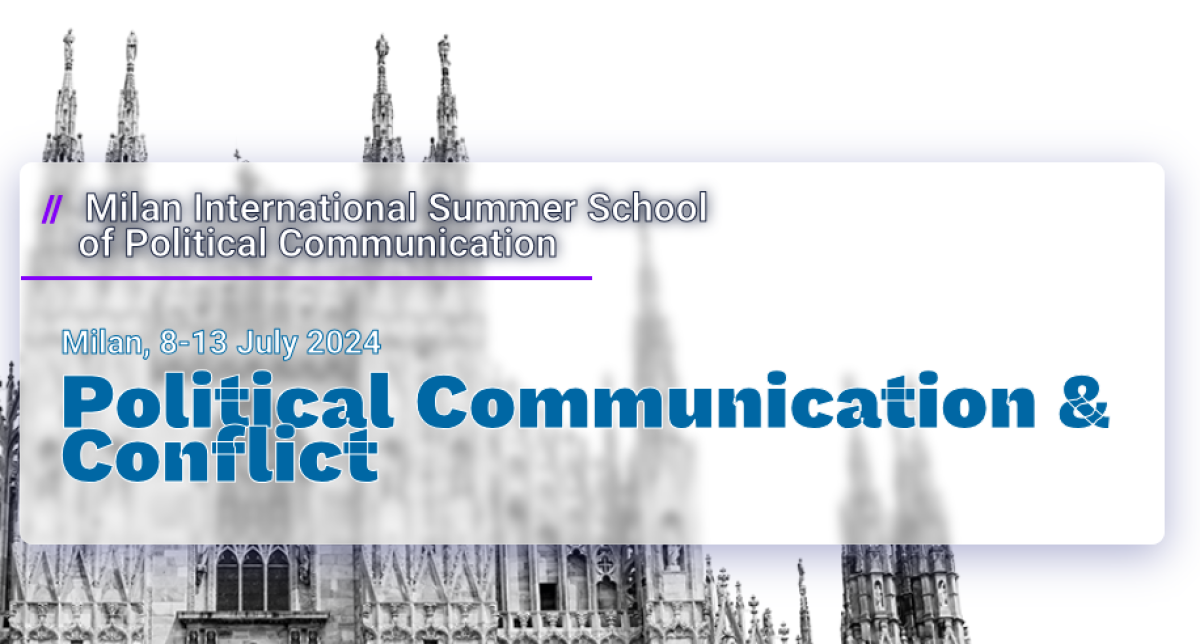
July 2024
Attending the “Milan International Summer School of Political Communication”
From July 8-13, 2024, Jana Dreston will attend the renowned Summer School of Political Communication in Milan (https://polcomm.unimi.it). There she will present her dissertation project.
June 2024
Top Paper Award for MePE research
The MePE team gladly accepts the Top Paper Award for the conference paper "When the political becomes private: Longitudinal dynamics between privacy concerns, cost-benefit-calculations, and political expression in social media” (Authors: Hannah Decker, Yannic Meier, German Neubaum & Jana Dreston). With this paper, we present a three-wavel panel survey investigating to what extent privacy concerns shape social media users' political expression. This award was given by the Political Communication Division at this year's conference of the International Communication Association (ICA) in Gold Coast, Australia.
More on the Political Communication Division: https://politicalcommunication.org/
June 2024
A few clicks for civic education? Research Topic published
In light of the politicization of social media, the question arises: What are we actually learning when we use these technologies? Are we actually learning more about politics and possibly acquiring new skills? A psychological perspective on these questions helps to shed light on the mechanisms that lead not only to the acquisition of knowledge, but also to developing new skills that allow us to lead a political life. German Neubaum, Teresa Naab (University of Mannheim) and Anne Oeldorf-Hirsch (University of Connecticut, USA) edited a series of studies that explore precisely these questions for the Research Topic "Learning Politics in a Digitized World: When Do Social Media Foster Political Literacy?" in the journal "Frontiers in Psychology" (Section: Media Psychology).
Research Topic: https://www.frontiersin.org/research-topics/52739/learning-politics-in-a-digitized-world-when-do-social-media-foster-political-literacy/articles
Read the Editorial of the Research Topic: https://www.frontiersin.org/journals/psychology/articles/10.3389/fpsyg.2024.1433144/abstract
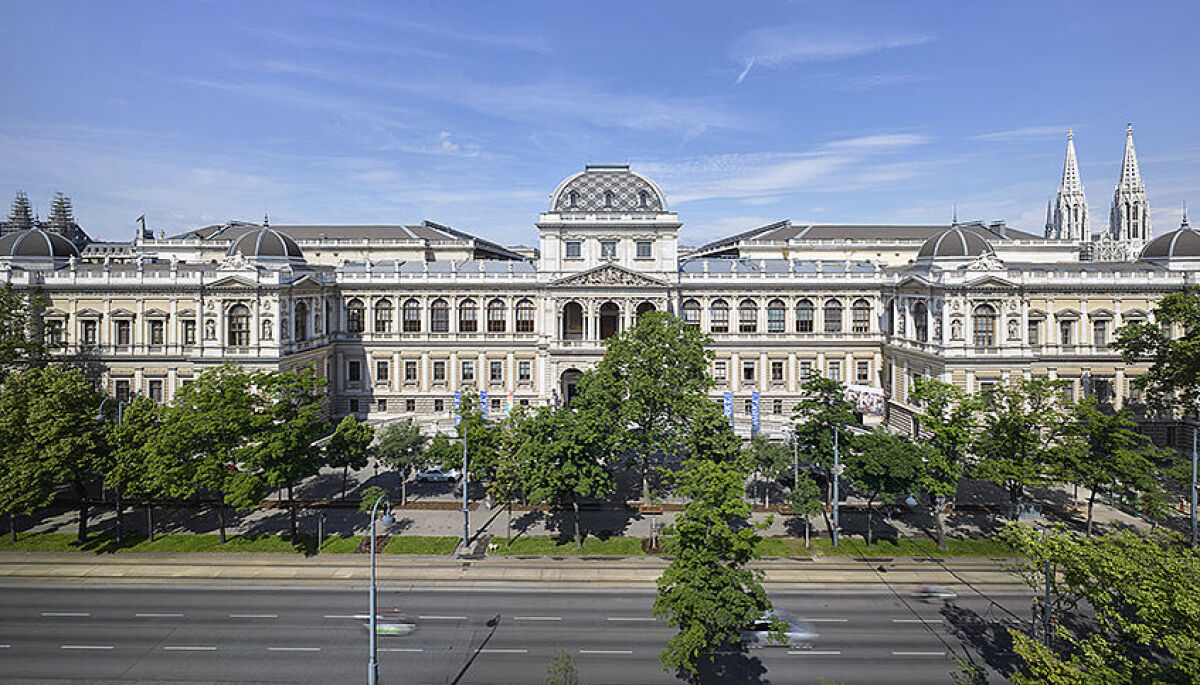
June 2024
Research at the University of Vienna
In March 2024, Jana Dreston will spend three weeks at the chair of Prof. Jörg Matthes. There she will work with Dr. Andreas Nanz on a project on "Incidental News Exposure". This stay is kindly supported by the "Early Career Researcher Travel Awards" of the IzfB (https://www.uni-due.de/izfb/travel-award.php). We wish Jana an interesting stay.

February 2024
Jana Dreston becomes new editor-in-chief at In-Mind International
In an increasingly complex world, competent science communication at eye level is of great value. We are therefore delighted that Jana Dreston has joined Sofia Calderon as editor-in-chief of the popular science magazine In-Mind (https://www.in-mind.org/).
January 2024
Fears inhibiting political expression online? New publication in collaboration with the University of Michigan
In the context of the 2020 US presidential election, German Neubaum, in collaboration with Brian Weeks and Audrey Halversen (University of Michigan, USA), investigated factors that influence political expression on social media. Findings of a two-wave survey show that people perceive a greater fear of social sanctions (e.g., personal attacks) the more ideologically heterogeneous their online network is. This fear, in turn, inhibits their motivation to express themselves politically. The study was published in the "Journal of Computer-Mediated Communication".
More information: https://academic.oup.com/jcmc/article/29/1/zmad041/7394121
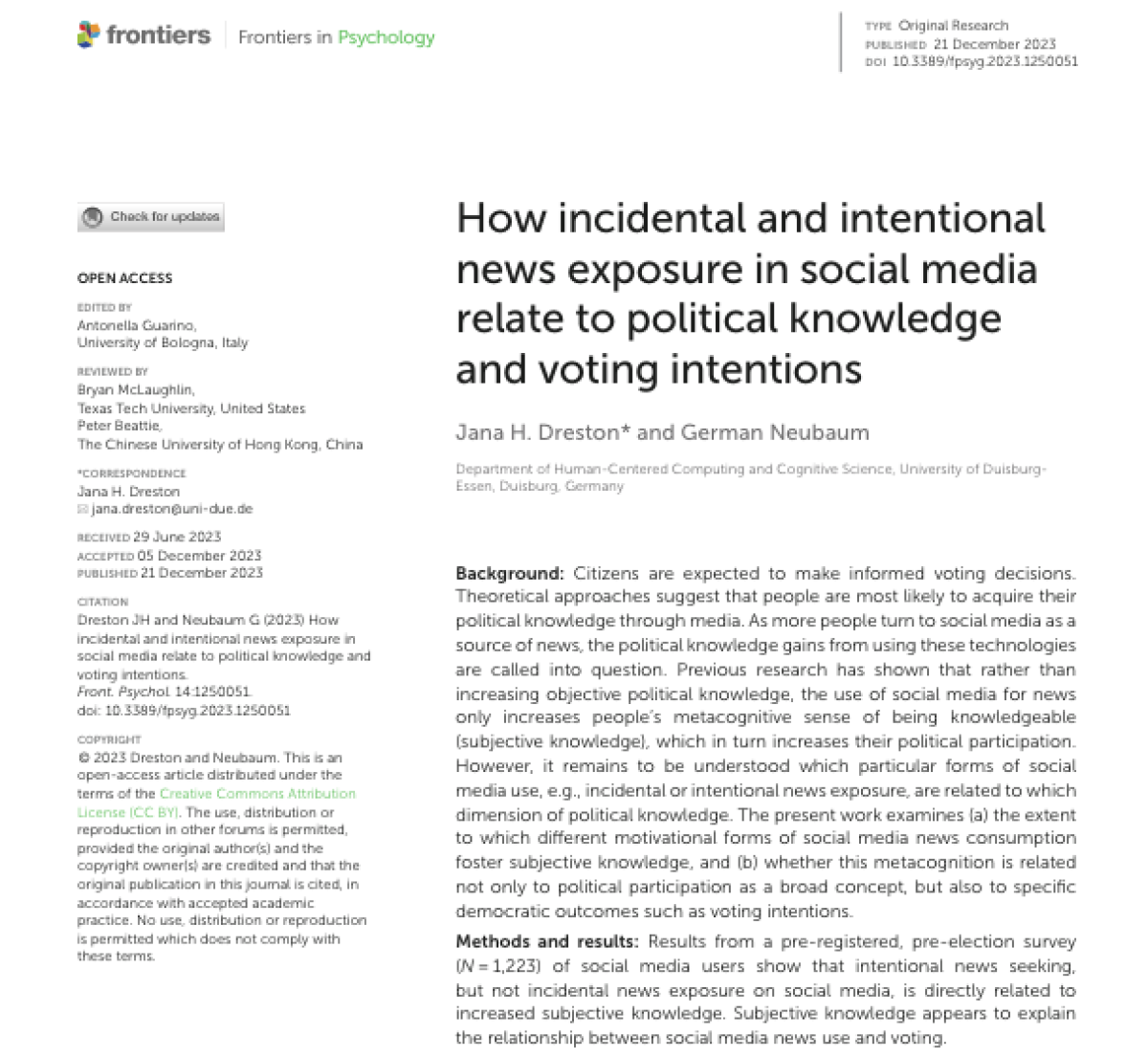
December 2023
New publication: The relationship between forms of news use and (perceived) knowledge
As social media become increasingly popular as a news platform, the question arises: how does the way we use social media influence our (perceived) knowledge? In her recently published first dissertation article, Jana Dreston (in collaboration with German Neubaum) shows that intentional news searching is associated with an increase in perceived political knowledge. However, there is no correlation with objective knowledge. For more details, we recommend that you take a look at the paper:
https://www.frontiersin.org/journals/psychology/articles/10.3389/fpsyg.2023.1250051/full
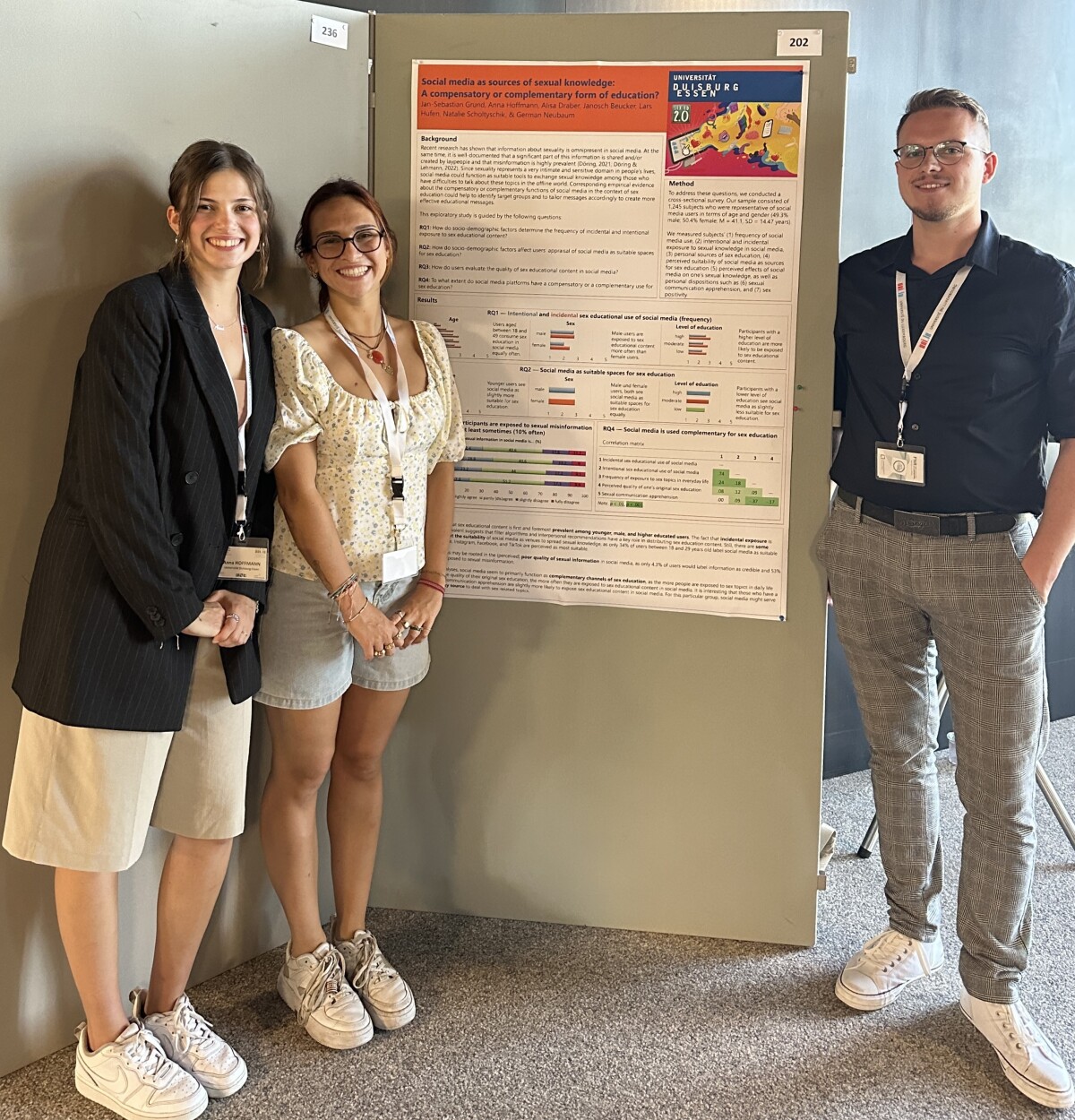
September 2023
Award for Komedia students: Best Poster Award for research on sex education online
As part of a practical project at our department, students conducted an empirical study on the topic of "Sex Education in Social Media". The focus was on which user groups are most likely to benefit from sexuality-related information on social media. They presented their research results as a poster at the 13th Conference of the Media Psychology Division (DGPs) 2023 in Luxembourg. The poster was awarded the Best Poster Award - we are delighted with the recognition and positive evaluation of this student work!
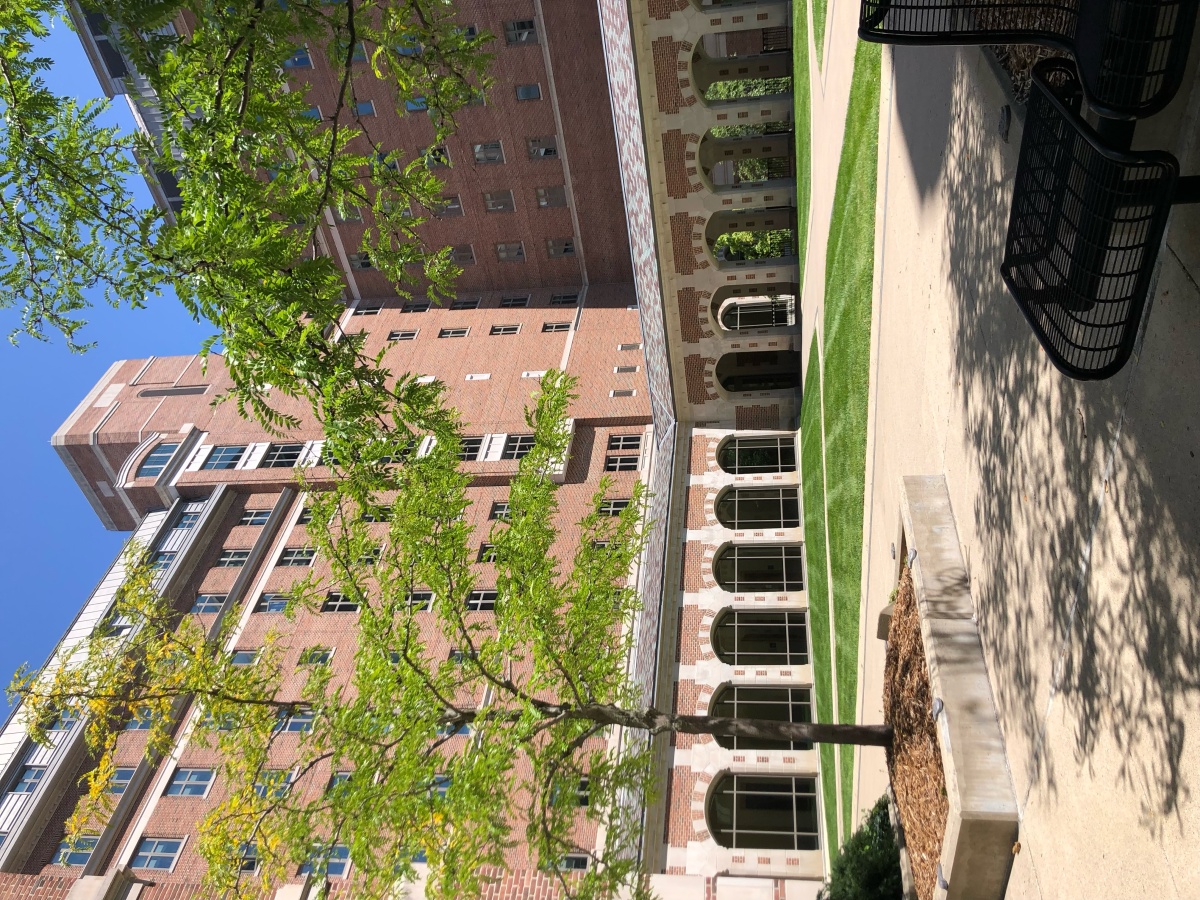
August 2023
Research at the University of Michigan
Starting in August, Jana Dreston will spend four months at the University of Michigan as a Fulbright Research Fellow. At the Department of Media and Communication she will work with Professor Brian Weeks (https://lsa.umich.edu/comm/people/regular-faculty/beweeks.html) on the topic of political discussion. We wish her an exciting time and an interesting exchange.

July 2023
Luna Frauhammer elected Early Career Representative of the DGPs Media Psychology Division
At this year's division meeting in Luxembourg, Luna Frauhammer was elected deputy early career representative of the Media Psychology division of the German Psychological Society (DGPs). She will hold this position for two years together with Daniel Possler (University of Würzburg).

July 2023
Media Psychology Conference in Luxembourg
The department was represented with two contributions at this year's Media Psychology Conference of the German Psychological Society (DGPs). German Neubaum presented a position paper on a theoretic framework for technologically mediated moral outrage. Luna Frauhammer and German Neubaum presented their study "Effects Of Subjective Climate Change Knowledge on Pro-Environmental Behavior and Information Selection".

July 2023
Perceived knowledge through attitudinally congruent social media comments? New publication at the department
How do homogeneous opinion spaces on social media affect our behavior and self-assessment of our knowledge? This question was addressed by Luna Frauhammer and German Neubaum in their new publication "Metacognitive effects of attitudinal (in)congruence on social media: relating processing fluency, subjective knowledge, and political participation". For this purpose, subjects in an online experiment saw political social media posts with associated comments that either corresponded to the subjects' opinion or represented an opposing viewpoint. The results show that processing attitude-congruent comments felt easier, that subjects in the congruent condition rated their own knowledge on the topic as higher, and showed a higher willingness to participate in politics.
The publication can be found here.

July 2023
What do people know about algorithms? And what do we know about what they know? New article published
Today, algorithms determine what we see where online. They are programmed according to specific criteria and are automated "gatekeepers" of our information landscape. While many social media platforms keep secret how these algorithms are designed, it is unclear how much online users know about how algorithms work. In a literature review, we therefore took a scholarly approach to the concept of "algorithmic literacy" and elaborated on how we can use it in media research in the future.
This article was written in collaboration with Prof. Dr. Anne Oeldorf-Hirsch, University of Connecticut, USA, who will visit UDE and our department for several months in the fall of 2021 as part of a Fulbright scholarship.
You can find the article here: https://journals.sagepub.com/doi/full/10.1177/14614448231182662
More about Anne Oeldorf-Hirsch: https://anne-oeldorf-hirsch.uconn.edu

15.05.2023
From Duisburg to Toronto
Once again, our team is attending the International Communication Association (ICA) conference, which is taking place this year in Toronto. Luna Frauhammer will present her paper "Investigating the Link Between Attitudinal Congruence on Social Media and Political Participation: A Metacognitive Approach". Jana Dreston and Luna Frauhammer will further present their dissertation projects at this year's Ph.D. Workshop.
More information about the conference and the program can be found here.
April 2023
Exciting student projects and seminars in the summer semester 2023
In the summer semester we will offer different seminars and projects in the course of studies "Applied Cognitive and Media Science". In the practical project (B.Sc.) "Climate Change on Social Media - How do Climate Activists Communicate?" we will investigate what impact climate communication via social networks can have. In the English-language Master's seminar "Digital Society: Learning from the News in Algorithmic Societies" we discuss current research on the way we consume news today and what we learn from it. The seminar "Internet-Research: Computational Approaches to Investigate Online Phenomena", also in English, deals with different theories and methods to investigate current phenomena (e.g. social movements) in social media. In the master seminar "Climate and Science Communication in the Media" (specialization in media psychology), current research on climate communication and its challenges will be discussed.
In the master research project, educational processes (e.g. regarding morality) through social media will continue to be investigated using different methods.
We are looking forward to the collaboration!
Febuary 2023
New Registered Report on political expression released!
Would you express your opinion on a political issue if you knew that this message would be stored publicly with your name forever? In turn, what does it do to your political views if you know this opinion piece will remain accessible forever? Do you then stand more behind your expressed attitude? In a collaboration with Prof. Dr. Dan Lane of the University of Southern California, Santa Barbara, USA, we investigated these questions experimentally. The findings of the Registered Report have now been published in open access by the Journal of Media Psychology.
Click here to read the article: https://econtent.hogrefe.com/doi/10.1027/1864-1105/a000372

January 2023
German Neubaum appointed Associate Editor at the Journal of Media Psychology
German Neubaum has been appointed Associate Editor at the Journal of Media Psychology for a term of three years. "After serving for many years as an Editorial Assistant at this journal that is so important to our community, I am now very excited to serve the field in this new role," Neubaum said. The Journal of Media Psychology includes six issues per year and is published by Hogrefe.
More about the journal: https://www.hogrefe.com/us/journal/journal-of-media-psychology

01.12.2022
Jana Dreston is Zeit Fellow
Since this year, Jana Dreston has been a member of Zeit-Verlang’s first “Zia – visible Women in Science” fellowship cohort. The goal of the fellowship is for the 25 female scientist to network and exchange ideas across disciplines and age groups. The focus is on promoting visibility, science communication and media literacy. More information: https://zeitfuerx.de/forschung/zia/

23.11.2022
New publication at the department: Consensus Messaging in Climate Change Communication
At 97%, the scientific consensus on the existence of anthropogenic climate change is overwhelming - but is this consensus correctly perceived by the public? Studies from the U.S. show that it often is not, and that correcting this misperception can also increase key beliefs about climate change. In the new publication "Pre-registered replication of the gateway belief model-Results from a representative German sample", Nadia Said, Luna Frauhammer, and Markus Huff investigated whether consensus messaging can also help raise climate awareness in Germany.
The publication can be found here.

August 2022
New publication at the department: More social media, less knowledge?
Do media really make us smarter or do we just feel that way? This question is addressed in the latest blog article by Jana Dreston on inmind (link) on the connection between media consumption and the perceived and actual knowledge of users. Based on the work of Granderath et al. (2021), it is described that in times of crisis a threat classified as dangerous by the user can lead to increased media consumption. However, this does not simultaneously lead to an increase in knowledge. Instead, the impression is created that the user is better informed. Thus, increased media consumption often leads to increased perceived knowledge, but not to an actual increase in knowledge.
July 2022
New publication at the department: We're a good match: Selective political friending on social networking sites.
Adding friends to one's friend list has become an integral part of every social media platform, but what motivates users to add certain people and not others? Manuel Cargnino, German Neubaum and Stephan Winter investigate the motivation for this "friending" in their latest study (link). Building on existing research on selective exposure, they introduce the new term "selective political friending" as a possible cause for the formation of echo chambers. The results of their experiment show that users select politically like-minded people especially when their political views are particularly strong.
Mai 2022
From Duisburg to Paris: Two Contributions at this Year's ICA Conference
The research group will present two contributions at this year’s ICA (International Communication Association) Conference in Paris. Daniel Röchert will present his research on ideological polarization of online news outlets in the contribution „Political Polarization in Times of Crisis: Ideological Bias of News Coverage of the COVID-19 Pandemic on YouTube” (authors: D. Röchert, G. K. Shahi, G. Neubaum, S. Stieglitz). German Neubaum’s contribution “How Subjective Norms Shape Personal Privacy Regulation in Social Media: A Cross-National Approach“ (Autoren: G. Neubaum, M. Metzger, N. Krämer, E. Kyewski) will introduce a cross-national comparison of German and US-American Facebook users’ online privacy behaviors. German Neubaum will also have a talk about the Spiral of Silence Theory at one of the pre-conferences.
You can find further information about the conference as well as the entire program on the ICA website.
March 2022
New Publication: Technological Affordances of Digital Political Expression
What encourages political expression online? To answer this question, German Neubaum and Brian Weeks propose a new theoretical framework in the publication “Computer-mediated political expression: A conceptual framework of technological affordances and individual tradeoffs”. The framework stresses the role of technological affordances of digital media, like user anonymity or persistence of posts. These affordances, in turn, affect the perceived costs and benefits of online political expression and thus the users’ behaviors.
The publication can be found here.
October 2021
New publication at the department: We're a good match: Selective political
friending on social networking sites.
Adding friends to one's friend list has become an integral part of every social media platform, but what motivates users to add certain people and not others? Manuel Cargnino, German Neubaum and Stephan Winter investigate the motivation for this "friending" in their latest study (https://www.degruyter.com/document/doi/10.1515/commun-2021-0028/html). Building on existing research on selective exposure, they introduce the new term "selective political friending" as a possible cause for the formation of echo chambers. The results of their experiment show that users select politically like-minded people especially when their political views are particularly strong.
October 2021
New Semester – New Topics:
Courses for the Winter Semester 21/22
This semester, we will offer two courses (one practical project and one research project) for students of Applied Cognitive and Media Science (Komedia). Both courses are supervised by German Neubaum and Jana Dreston. The practical project will evaluate the App “Diskutier mit mir” (English: Discuss with me) which enables its users to discuss with people holding different beliefs about political topics. Students of the course will evaluate how this App can be beneficial for the political discourse. In the research project, students will conduct empirical research within the area of informal educational processes in social media.
Additional information can be found under Teaching
October 2021
New Employees in our Research Group:
Luna Frauhammer and Jana Dreston Join our Team
We are happy to welcome Jana Dreston and Luna Frauhammer as new doctoral students at our research group. Besides her PhD project, Jana Dreston will mainly focus on teaching for students of Applied Cognitive and Media Science (Komedia). Luna Frauhammer will be joining the junior research group DICINT.
September 2021
Conspiracy Theorists on their own?
New Publication on Conspiracy Theories on YouTube
Social Media Like YouTube are considered as ideal breeding ground for misinformation and conspiracy theories. The research group’s new publication „Caught in a networked collusion? Homogeneity in conspiracy-related discussion networks on YouTube“ examines the network structure of conspiracy theoretic content on YouTube. The authors analyze if conspiracy theorists on YouTube are caught in homogenous networks by applying natural language processing as well as network analytical approaches.
September 2021
Forever and Always:
New Publication on the Persistence of Political Opinion Messages on Social Media
“The internet does not forget.” Many internet users are warned about the persistence of online messages. But does this persistence affect whether we express our opinions online? German Neubaum addresses this question in his recently published study „It’s Going to be Out There For a Long Time: The Influence of Message Persistence on Users’ Political Opinion Expression in Social Media“. Based on the spiral of silence theory, it was assumed that higher persistence of messages will negatively affect the willingness to express one’s opinion.
August 2021
Prof. Dr. Anne Oeldorf-Hirsch Stays at the UDE as Fulbright Visiting Scholar
We are happy to welcome Professor Anne Oeldorf-Hirsch to our team, who will stay at the University of Duisburg-Essen for four months. Anne Oeldorf-Hirsch is an Associate Professor at the University of Connecticut. Her research focuses on the use of social media for communication and informational purposes. During her stay at the University of Duisburg-Essen, she will be studying Algorithmic Literacy. Her stay is supported through a grant awarded by the German-American Fulbright-Commission which every year sponsors excellent researchers from Germany or the US to pursue a research or teaching stay. More information on Professor Anne Oeldorf-Hirsch can be found here.
August 2021
Misinformation Bubbles regarding COVID-19?
New Publication in the Journal “Online Social Networks and Media”
Do social media like YouTube facilitate the distribution of false information and the formation of informational homogeneity? Our new publication „The Networked Context of COVID-19 Misinformation: Informational Homogeneity on YouTube at the Beginning of the Pandemic“ (authors: Daniel Röchert, Guatam Kishore Shahi, German Neubaum, Björn Ross, Stefan Stieglitz) addresses these questions in the light of the COVID-19 pandemic. Therefore, a large amount of data was gathered on YouTube at the beginning of the pandemic and analyzed by combining machine learning and network analytical approaches.

